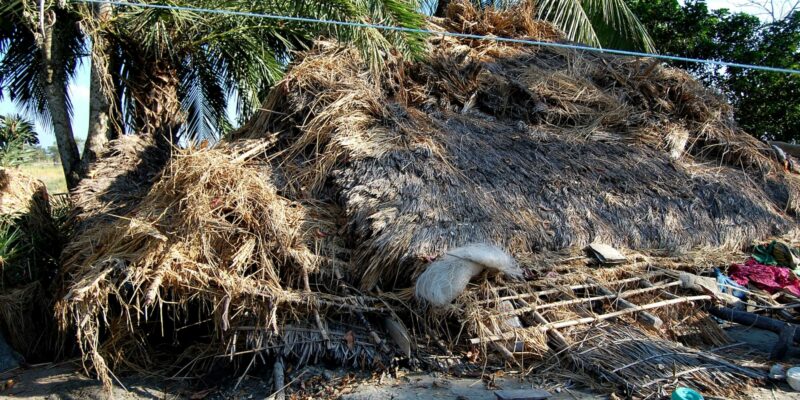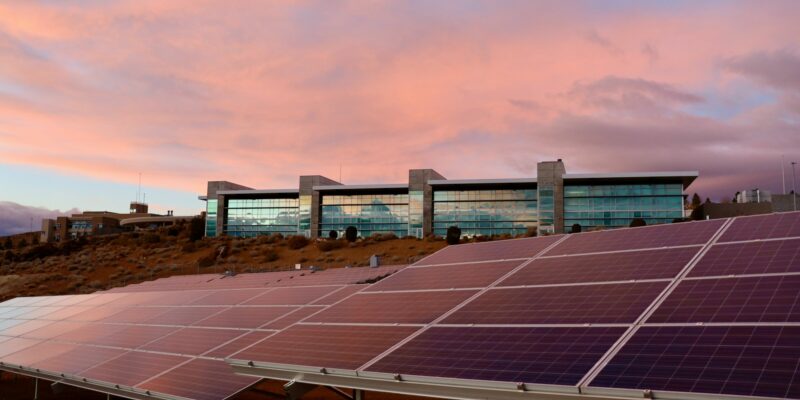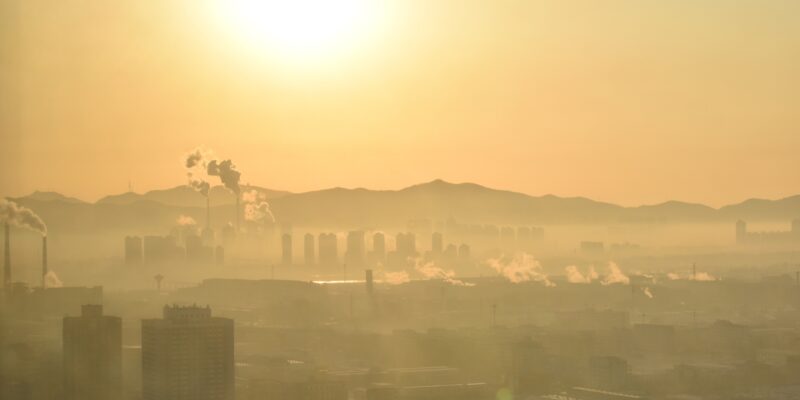Comment
Insights and expert analysis on climate issues.
Share


“It’s complicated” – loss and damage in the IPCC Sixth Assessment Report
Dr Olivia Serdeczny
The draft outline of the IPCC Sixth Assessment Report doesn’t contain an explicit reference to loss and damage but will deal with “residual risks”, “adaptation limits” and “attribution.” Should this outline be adopted at the next IPCC plenary, it would be a missed opportunity to bring the entire spectrum of loss and damage available in the scientific literature into focus and support vulnerable countries in preparing do deal with it.

Reports of breaching 1.5°C warming soon are exaggerated
Bill Hare, Prof Dr Michiel Schaeffer, Dr Carl-Friedrich Schleussner
A new paper argues that the Paris Agreement 1.5°C temperature limit could be exceeded "before 2029," but this conclusion is problematic. Here's the detailed response from our scientists.

In addition to the sixth assessment report and the special report on 1.5°C, the IPCC has two other special reports in the works: one on how climate change impacts land and another on oceans and cryosphere. Both are of great importance to vulnerable countries, like small islands. Although there will not be an explicit reference to the issue of loss and damage, thanks to a strong push by vulnerable countries both outlines now incorporate some of its core components, like climate change attribution, residual risk and adaptation limits.

In its latest study, Faster and Cleaner 2: Kick-Starting Decarbonization, the Climate Action Tracker looked at the trends driving decarbonisation in key sectors. It turns out that it has taken only a few players to set in motion the kind of transformations that will be necessary to meet Paris Agreement’s goals.

